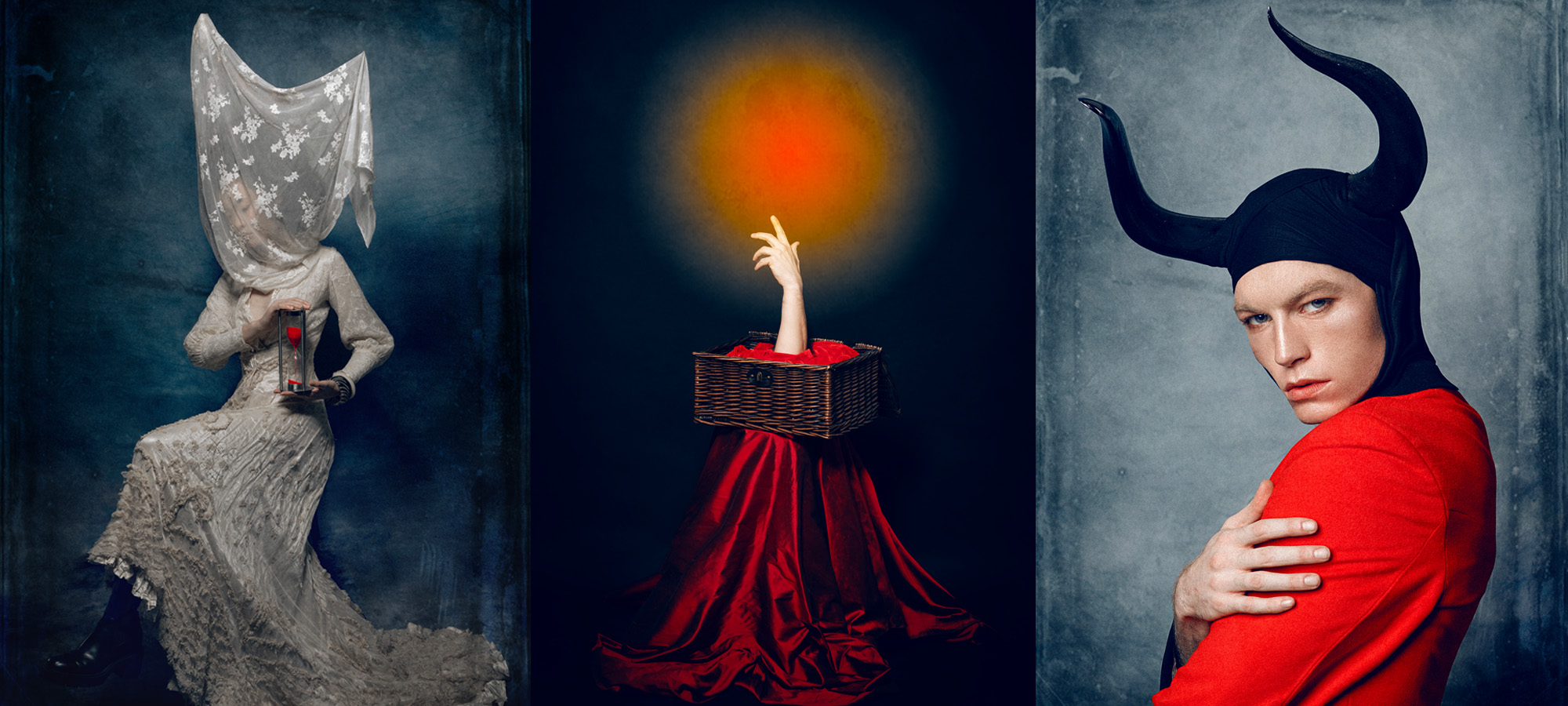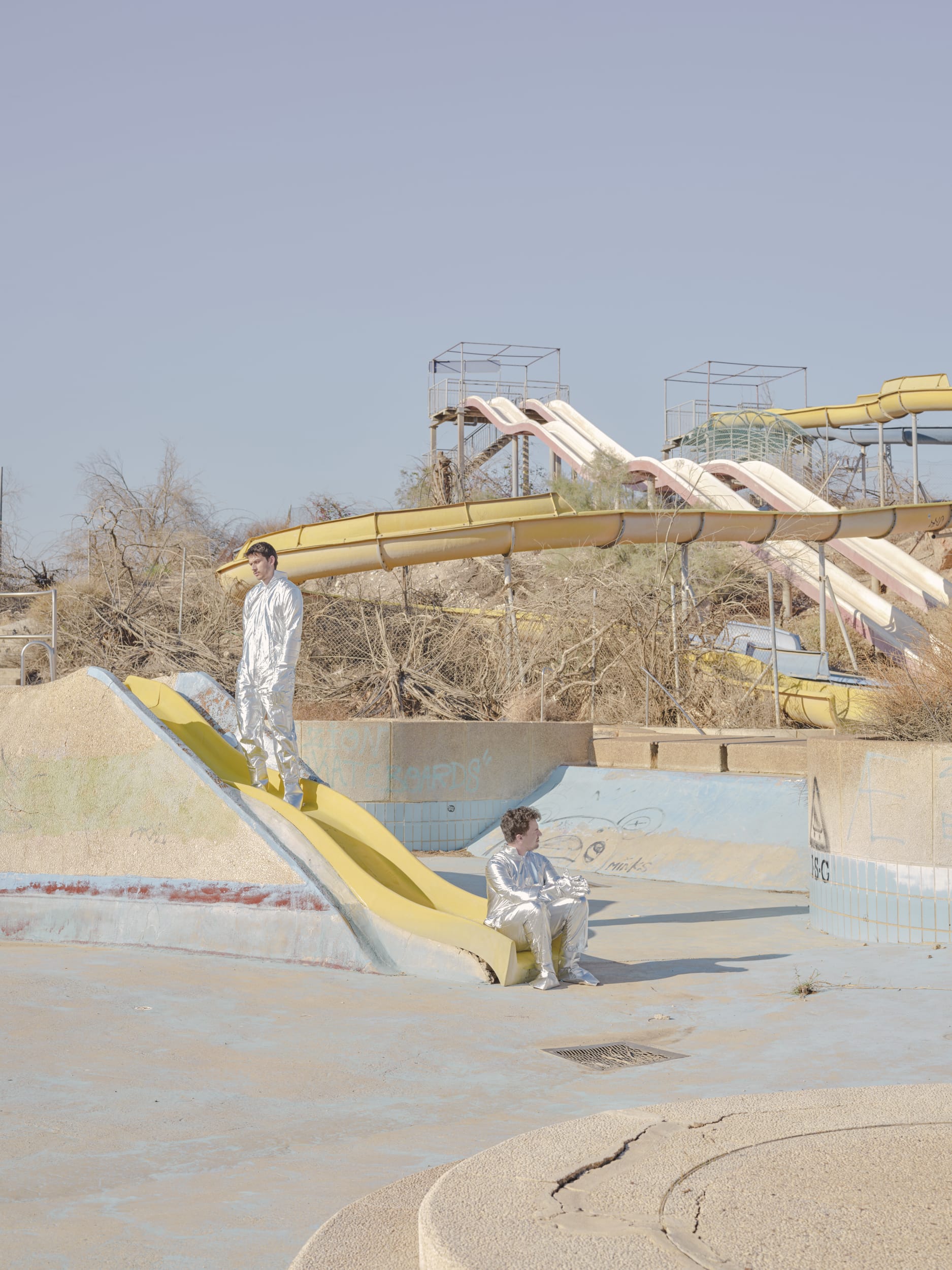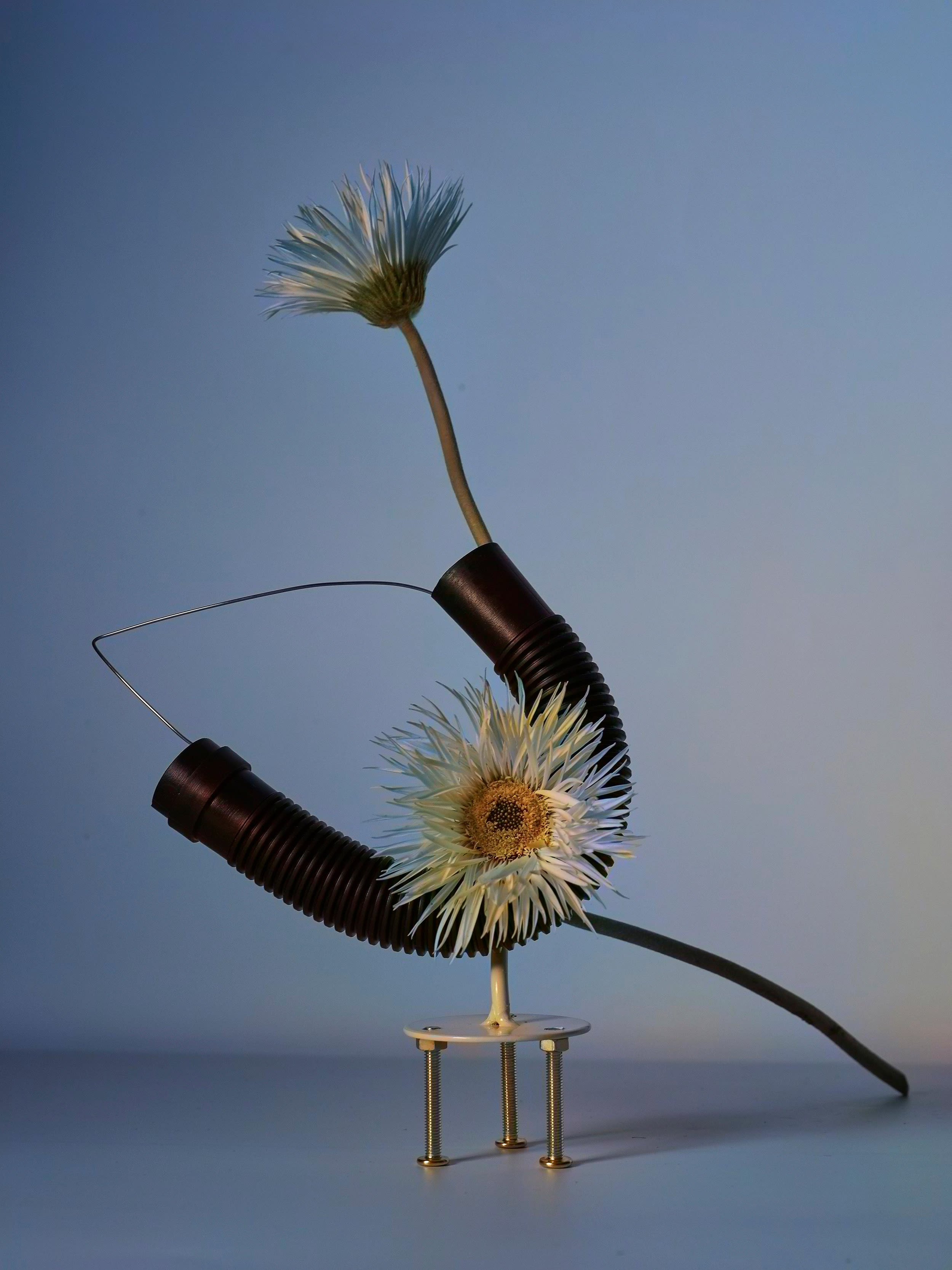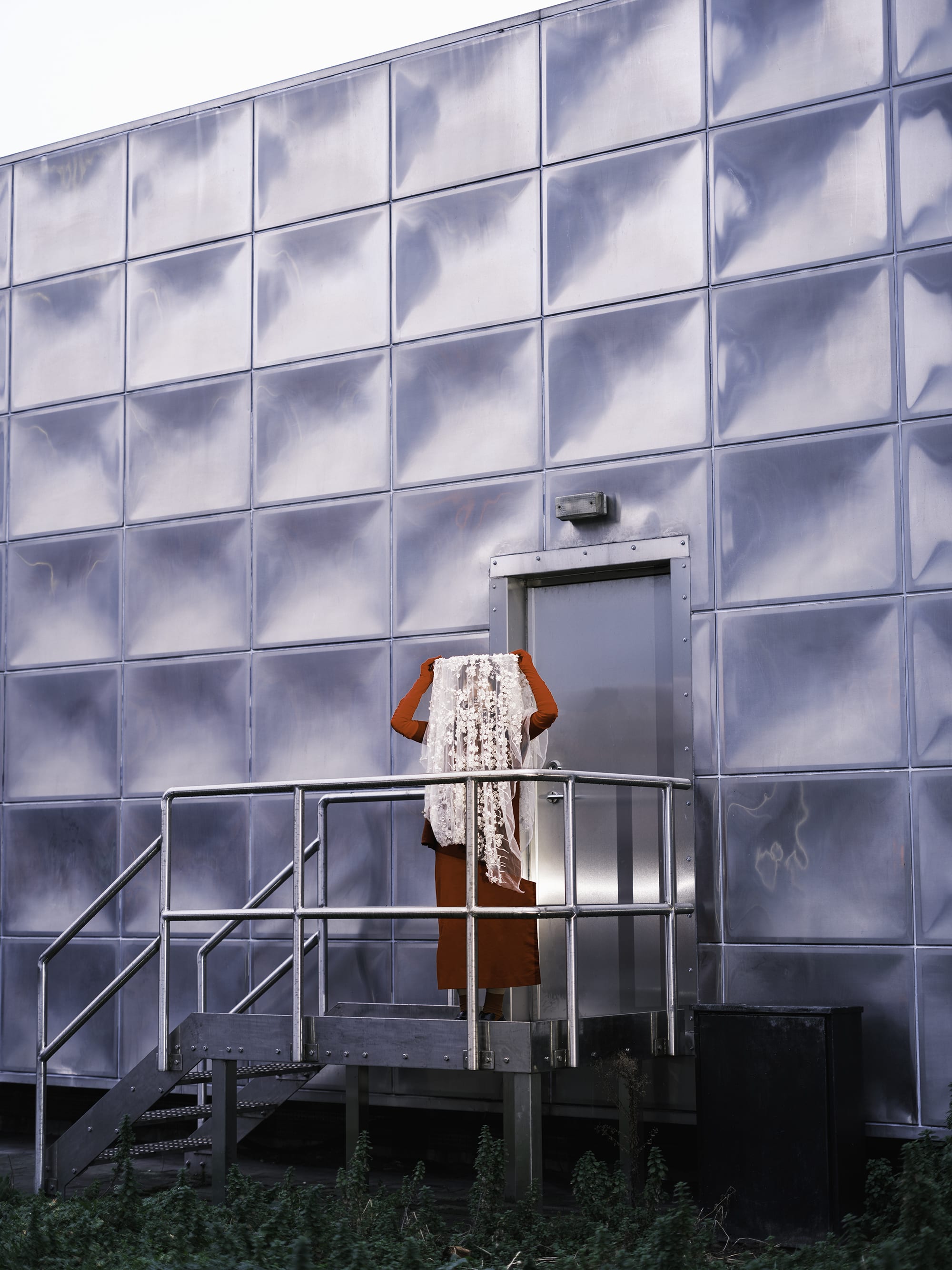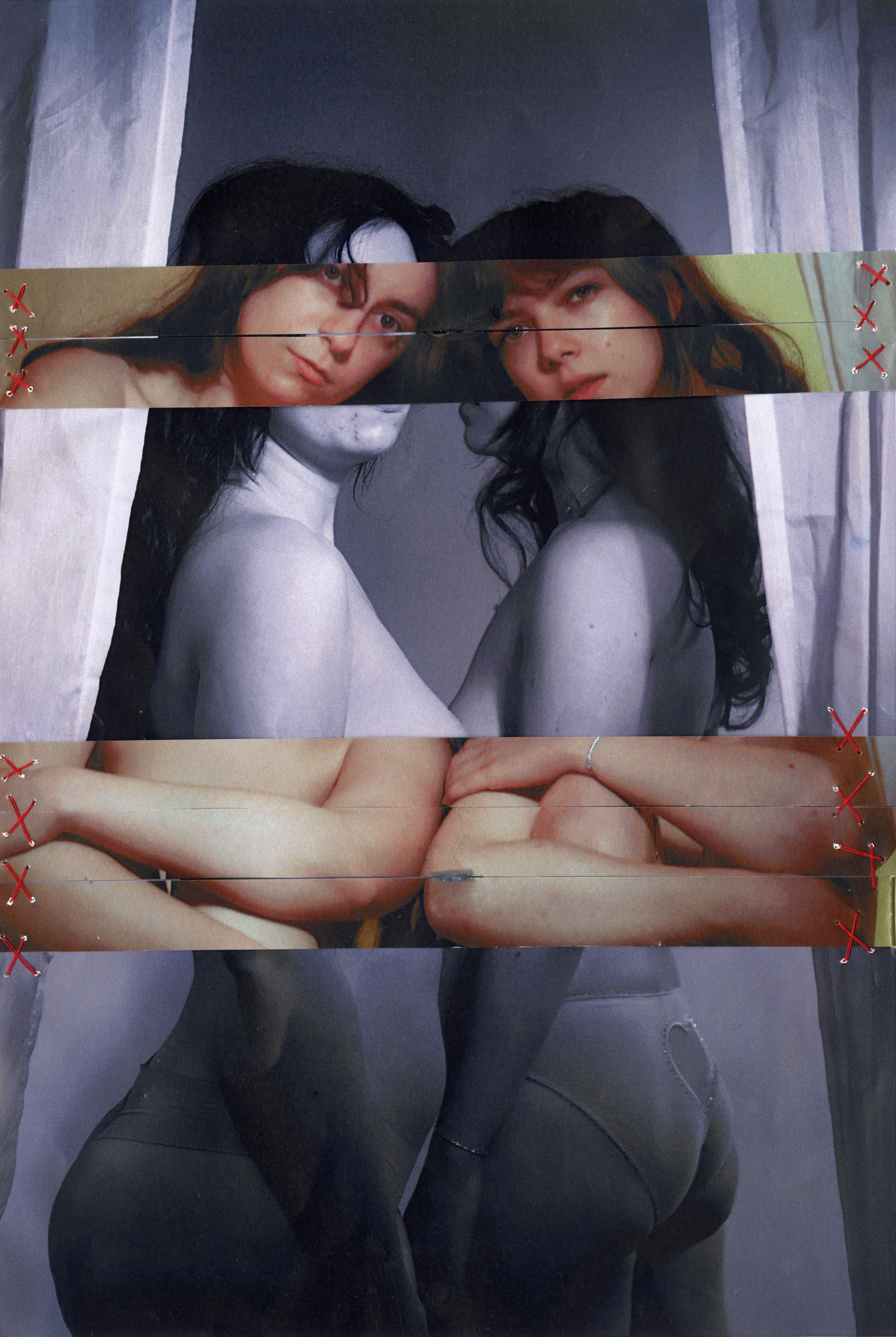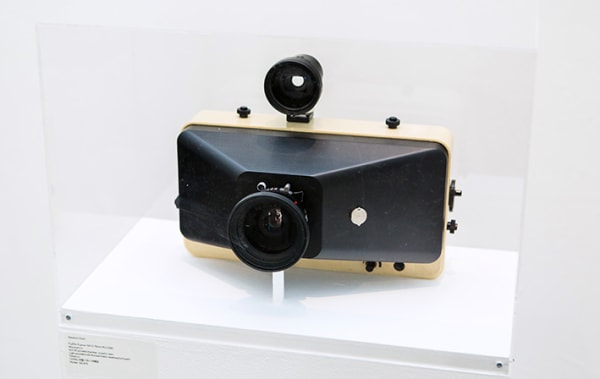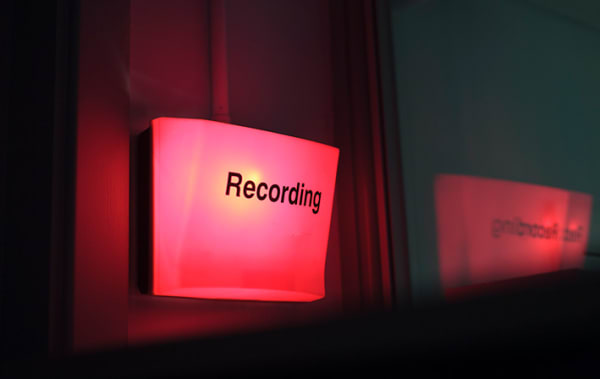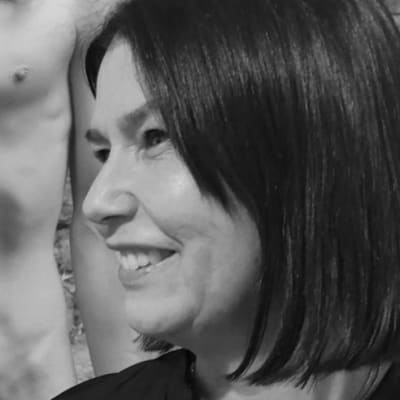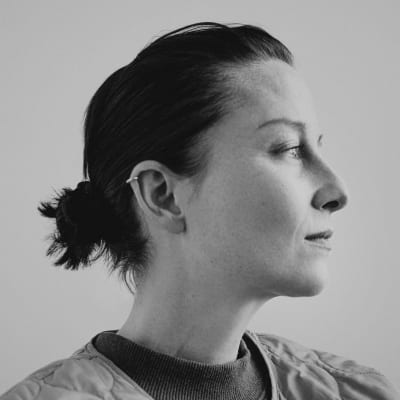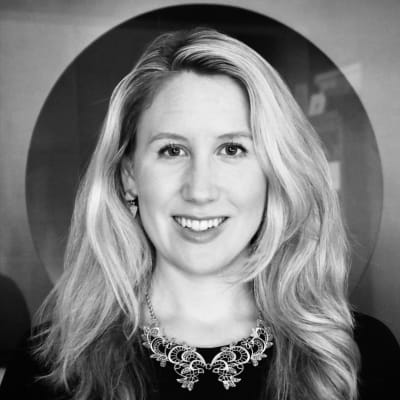Course units
We are committed to ensuring that your skills are set within an ethical framework and are embedding UAL’s Principles for Climate, Social and Racial Justice into this course.
Each course is divided into units, which are credit-rated. The minimum unit size is 20 credits. The MA course structure involves five units, totalling 180 credits.
Commercial Photography in Practice (40 credits)
This unit will hone your image-making skills and develop your style as a commercial photographer, providing you with robust theoretical and practical frameworks for the research and production of a short series of images in response to a set brief.
There’s an industry-focus within this unit, including industry visits and guest speakers, and it’s designed to equip you to work to commission in a variety of contexts. A series of non-assessed assignments throughout will enable you to receive formative feedback, culminating in an assessed assignment.
Histories and Theories of Commercial Photographic Practices (20 credits)
This unit positions contemporary commercial practices within various historical contexts through analysis of significant photographers, movements, and agencies.
Grounded in photographic research methodologies and theories, you’ll consider concurrent practices, with particular attention paid to the work of present and previous generations of global practitioners which relate, shape, and intersect with ethical, social, political, and economic contexts.
Collaborative Unit (20 credits)
This unit is designed to enable you to identify, form and develop collaborative working relationships with a range of potential partners. These could include other postgraduate students at LCC or UAL; postgraduate students at other higher education institutions; or external organisations such as cultural or community groups, NGOs, businesses or charities.
The nature of this collaboration will involve working on a project with outcomes agreed by your tutors, and will take the form of group work that can happen within the College or digitally/remotely.
Professional Identities and Portfolio Developments (40 credits)
The unit explores and develops your working knowledge of contemporary business practice with an emphasis on operating as a freelance photographer. You’ll examine contemporary practices, trends and media convergence within commercial photography. Through research development and practice, you’ll develop a professional portfolio based on your personal interests. You’ll investigate how your practice sits within a contemporary commercial landscape, and consider how to market and brand your photographic practice.
This unit brings together your developing skills, knowledge and understanding, enabling you to produce a portfolio of work that demonstrates an adaptive yet distinct personal style within the context of commercial production.
Final Major Project (60 credits)
The Final Major Project provides an opportunity for you to create a substantial self-initiated project, synthesising your skills, knowledge and understanding while supporting you to develop a substantial professional portfolio to demonstrate your practice as you develop your future career.
Supervised and supported as you undertake this major piece of work, this unit will include research planning and methodologies, along with the application of models to commercial photographic practice and the presentation of your findings.
